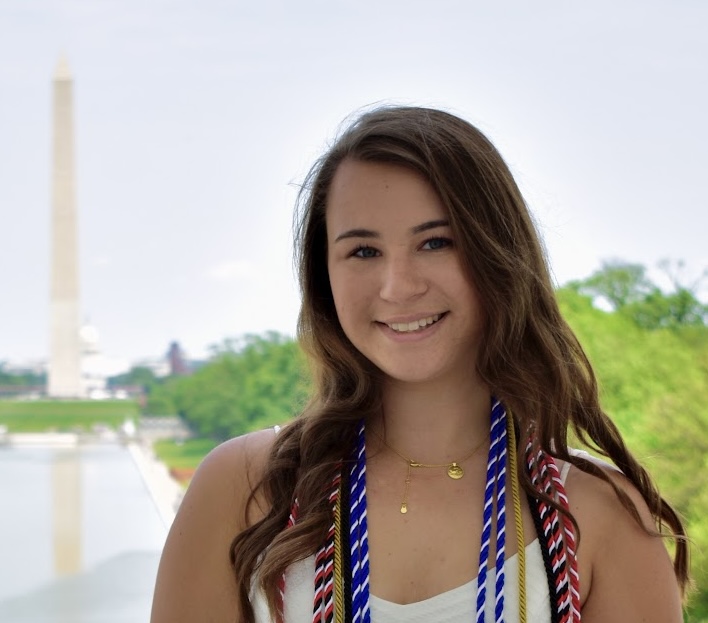Breaking: Two North Carolina Schools take up spots in the eighth grade Classical Learning Test’s Top 20 ranking!
The CLT is an exam, much like the SAT, that tests students’ classical knowledge. Out of hundreds of schools that participate in the CLT exam across all fifty states, North Carolina eighth graders have secured two spots in the CLT8’s (the eighth grade Classical Learning Test) Top 20 list.
Coming in at 20th place, Classical Charter Schools of Leland is the only open-to-all, tuition-free charter school on the Top 20 list. The other nineteen schools are private, so this is an incredibly notable accomplishment!
A major point of success for CCS-Leland is that a large percentage of their enrolled students are low-income and disadvantaged. CCS-Leland’s curriculum, being based in classical literature and historical texts, serves as a great example of student-focused instruction.
CCS-Leland’s Dean of Classical Humanities, Jessica Lopez, praised:
“The nationally high ranking that our 8th grade students achieved on the CLT8 is a testament to our 25 years of curriculum development. The high results on the CLT8 are also a reflection of the superior training and standards provided by the Roger Bacon Academy to its educators. I offer my gratitude and accolades to our students and staff for this well-deserved outcome of our first time participating in the CLT8.”
Ranking in the top 5 schools, Thales Academy of Raleigh came in at number four on the CLT’s Top 20 list.
Thales Academy is a non-religious, private school with locations all across North Carolina, and spanning into Virginia, Tennessee, and (coming soon) South Carolina. According to their website, “Thales Academy students consistently rank in the 98th percentile nationally” overall.
These classical schools deserve the highest praise and celebration for their excellent, student-focused curriculums and programs. Together, they prove that schools do not need to charge tuition or remain a small, private entity to put their students first.
